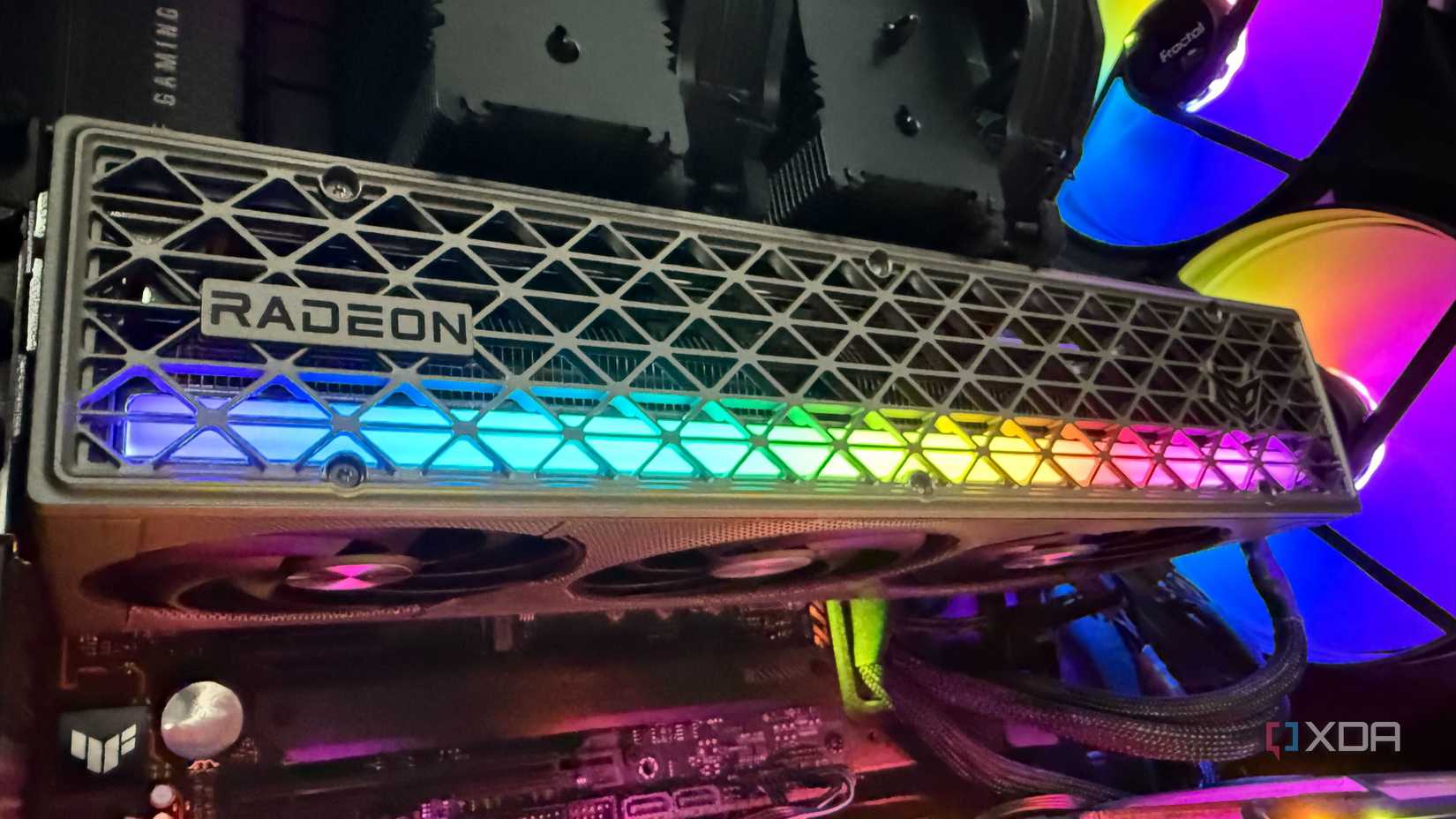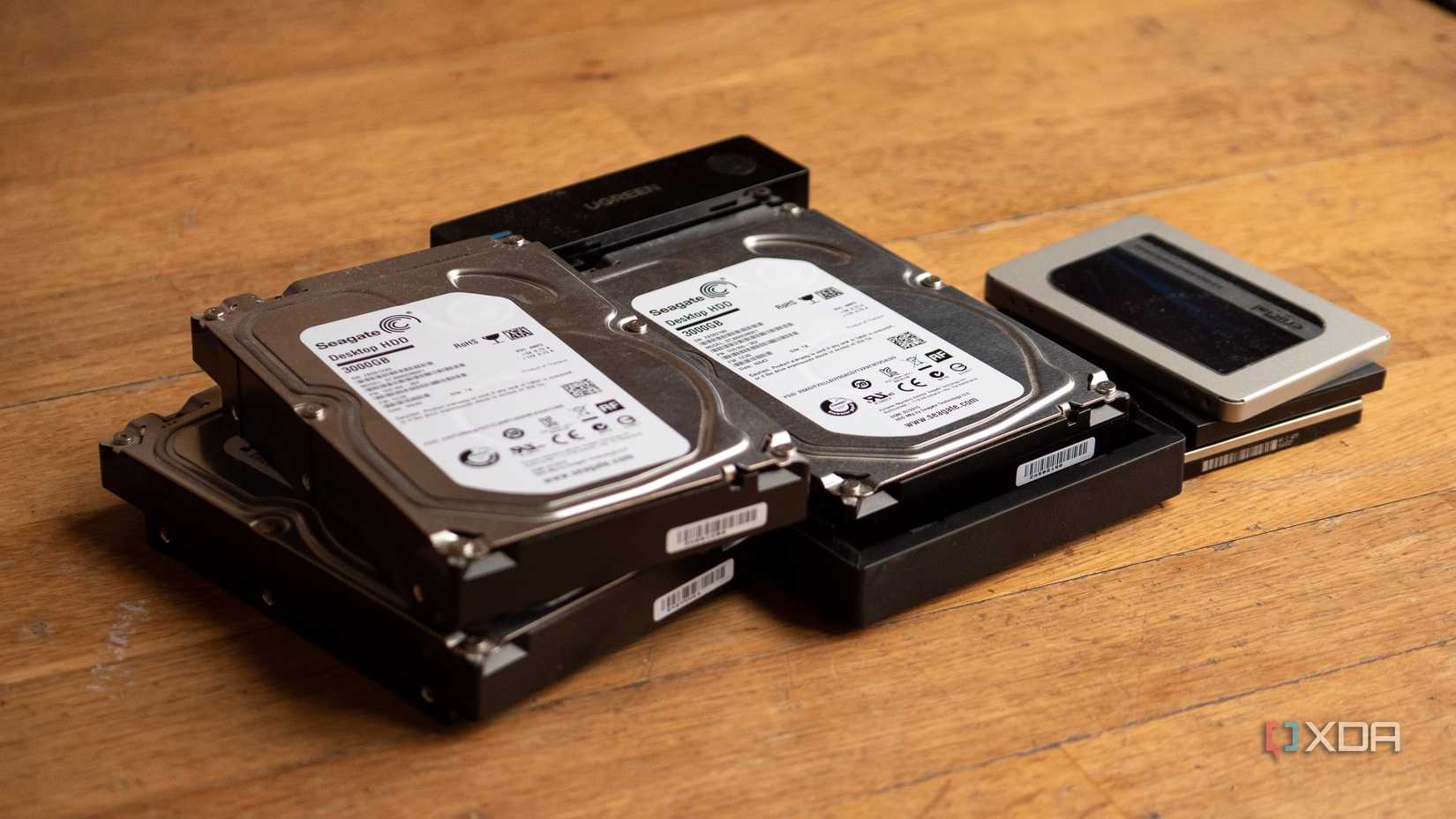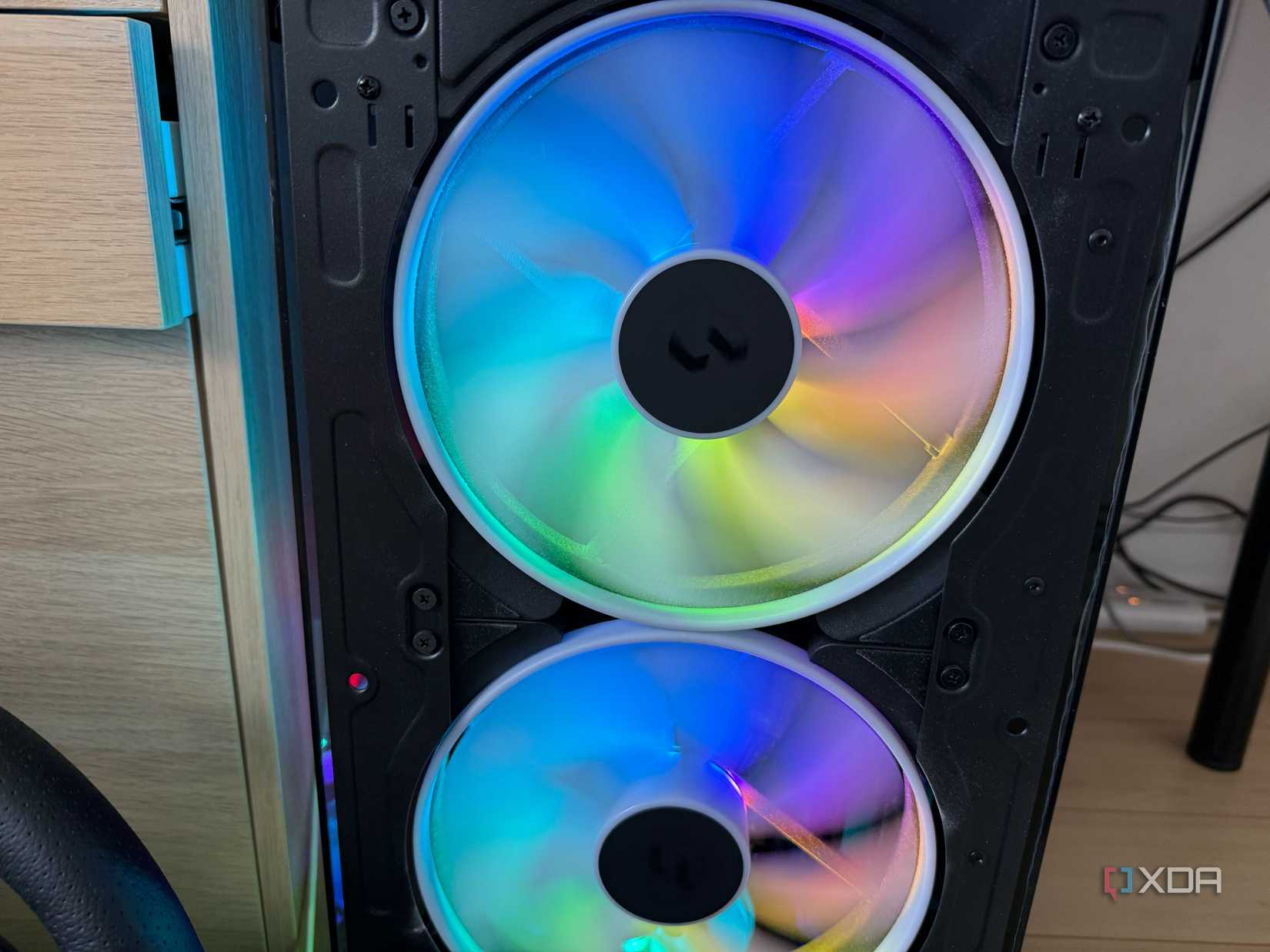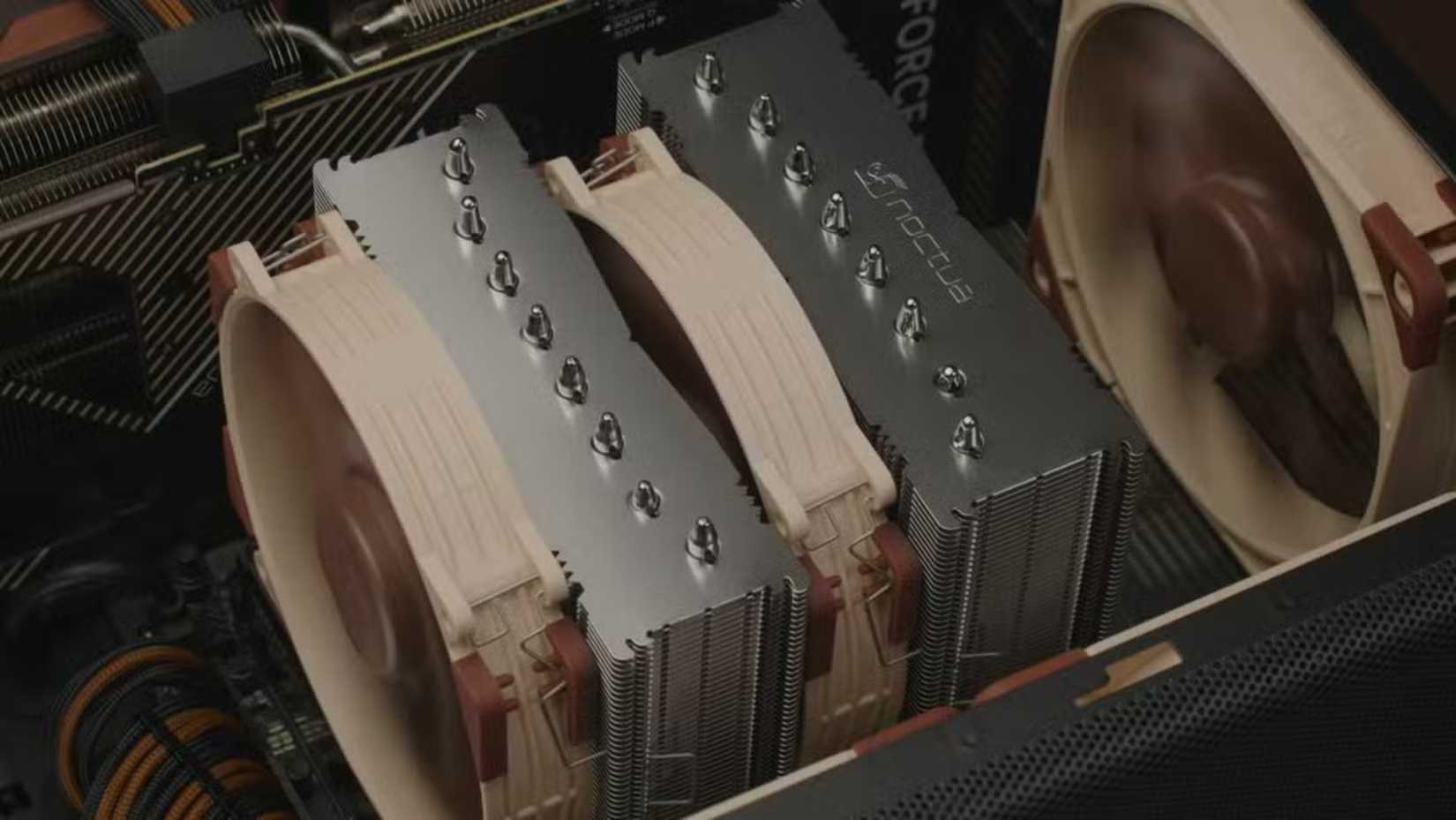When we think of performance, we often think of noise. Loud, vibrating machines that churn out ultra-high framerates and eye-popping visuals. Building a powerful PC doesn’t mean you have to live with a noisy one. With the right tweaks, you can keep your rig whisper-quiet without sacrificing any performance. Here are some practical hacks that reduce noise while maintaining the same, great performance.
Take advantage of zero-RPM GPU modes
The quietest fan is one that isn't running

Even when idling, your GPU's fans will still contribute to noise if they're set to a minimum RPM. Many modern GPUs will come stock with a zero-RPM or "no-fan" mode enabled out of the box, which stops the fan from spinning while at desktop or idle. When inside a certain temperature range, your GPU's fans will just turn off, and after it reaches a certain temperature threshold, they'll kick on, which doesn't sacrifice any performance while giving you silence at idle.
Rubber fan mounts
Dampen the sound
Many fans are mounted with screws or brackets alone, which is fine as a means to secure them, but doesn't do anything to dampen the noise. Vibrations created from the fans spinning, even at low RPM, can create more sound than one might expect. To mitigate this a bit, rubber inserts can be used on the mounting points for fans, which, in theory, will dampen some of those vibrations. Some fans, such as those from noctua, come with these rubber inserts by default, and they can be a game changer if used throughout your whole case.
Ditch HDDs
Physical disks create noise

Less of a hack and more of a general directive, getting rid of anything that makes noise is a good idea if you want your PC to be quieter. One way to do that is to simply ditch any hard disk drives in your rig for solid state drives. The less moving parts in your system, the less noise it will make overall. If you still need the storage that HDDs provide, consider building a small NAS that can be placed in another room or a closet if silence is of utmost importance.
Undervolt your CPU and GPU
Less power, less noise
Making your PC quieter can also be done in more indirect ways, like undervolting. Undervolting main components like the CPU and GPU won't make them quieter directly, but it does reduce power going through those components, and therefore decreases their temperatures. Lower temperatures mean your cooling solution doesn't have to work as hard to dissipate that heat, resulting in an overall quieter PC. Undervolting these primary components can also give you a significant performance boost if done correctly.
Use larger fans
More air with less effort

While you might be limited by your case's dimensions and fan compatibility, if you're willing to spend a little dough, replacing your fans with larger ones can go a long way in reducing noise. A 120mm fan can push the same volume of air that a 140mm, even 180mm fan can, but it comes at a cost. Higher RPMs are required to match that same volume, and as a result, more noise is produced. Bigger fans have a huge advantage in terms of acoustics, because they can push the same volume of air at a lower RPM. It's difficult to find cases that support 180mm fans, but most should support 140mm ones.
Higher quality coolers
Both air and water can be near silent when tuned

No matter which medium you choose, CPU cooling is an area where you can save a lot of noise, especially if you buy components made for near-silent operation. Water cooling will always have a bit of an advantage, because it can pack a lot of cooling capacity into a large radiator, allowing fans to spin less aggressively. Air coolers have to rely on heatpipes and a large finstack to bring heat away from the CPU, which will be limited by case dimensions. High-quality air coolers from noctua and bequiet! can be some of the best for near-silent operation, and on the water cooling front, AIOs with large radiators can improve acoustics immensely.
Both approaches can be run incredibly quietly, but it doesn't matter if you don't tune them correctly. Tuning fan curves is the easiest way to improve overall acoustics, regardless of the brand of cooler. Even the best designed coolers will be loud out of the box.
Powerful doesn't have to mean noisy
While everything does come at a cost, noise doesn’t always need to be the tax you pay for performance. With just a handful of adjustments, from undervolting to better cooling solutions, you can enjoy a powerful PC that’s nearly silent. Once you try these tweaks, you’ll wonder how you ever put up with the noise.
.png)











 English (US) ·
English (US) ·